In this Base Camp Trading Review I’ll show you if Basecamps’s worth your money, of if there are better choices.
Basecamp trading boasts having 129,000 members, and 75 years of combined trading experience.
They claim to have been created specifically for people who don’t have large trading accounts, who want to learn how to trade the right way.
But do they deliver on their claims?
In this Base Camp Trading Review, I’ll cover what they claim and then highlight some user experiences.

Former members of Base Camp Trading have since switched to The Empirical Collective. With their higher trade win rate (with proof), exclusive trading tools and better pricing, it provides a lot more value than Base Camp does. Click here to see proof of their trading record.
Base Camp Trading starts by giving potential members an outline of their onboarding process as follows:
- Joining and going through their price action trading course
- Practicing on a simulated account with trading mentors and peers in trading dooms
- Begin trading with 1 contract at a time
They claim to have 2 live trading rooms, first rate trading technology and indicators, along with pros who have a lot of market experience.
There is also a reference to a chat room that is available 24/7 where you can ask questions as well as videos emailed out regarding the daily and weekly market outlook.
The Basecamp Trading Strategy
Base Camp Trading claims that they strategize rather than speculate, and teach their uses to find asymmetric risk vs reward trades.
They say that they focus on consistent, repeatable trades (hitting singles rather than home runs.
Information on Their Returns
They claim that the amount of money you make per month is up to you.
I guess they feel it depends on how much you trade and how you scale in and out of their trades.
They also mention that one of their programs has a 94.8% win rate (with a 5.3% return per trade), but there were no links, pictures or links to any form of proof to back this up.
Compared with competitors like The Empirical Collective (wins up to 95.918% win rate, where their the average return per trade was 30.91%.

The “Mastermind” Behind Base Camp Trading Business & Website
President & Founder Drew Day
Drew the one of the trading gurus who started Base Camp Trading and says he’s a 16-year hedge fund veteran. He says he’s managed over $6.5 billion in assets. Apparently, he has experience in systematic trading and portfolio management, specializing in trading futures markets using a low-leverage strategy. He traded 40 distinct futures markets across eight different industries as a Commodity Trading Advisor (CTA). Drew has spoken at Bloomberg Markets in London and New York, and his name appears as a top industry expert in Bloomberg Wiley’s book “A Visual Guide to Hedge Funds.” He also works in proprietary trading and has his own business that specialises in quantitative, behavioural, and machine learning trading techniques.
The Money & Cost
On their website, they say it costs $97 a month.
Overall Thoughts on the Base Camp Trading Site
They don’t say if they give specific trade ideas or alerts.
When reading their website, it implies that they are more about supplying general ideas for swing trades and market direction in the videos they send out to their members.
It seems that members are more left to follow along any of the trades they post inside the trading room – as an “in the moment” kind of thing.
The Final Thought On This BasecampTrading Review Before Looking At a Review From the Internet
At the end of the day, Base Camp doesn’t seem transparent enough.
With no proof of the trade win rate that they claim, I recommend a hard pass on their service.
They didn’t really make it clear as to whether or not they would provide exact trades to follow in their trading rooms.
Or what kind of trades (daytrades or swing trades) would be provided (if any) once members are in the trade rooms.
It seems like you can observe and if you’re quick enough,
Especially as there are so many other better services available.
Reviews from The Interwebs: Basecamp Trading Review: The Drew Day Scam!
There seem to be a number of very negative Base Camp Trading reviews online.
One of the chief concerns from the negative review we found seem to be that Base Camp charges to learn different trading techniques and indicators.
The Naked Trading Mastery Course – Complaints About Their Futures Trading Products
In selling their monthly membership, Base Camp offers potential customers a trading course they say is worth over $800.
But on one critic’s review, he alleges that the trading info Base Camp provides “is absolutely useless.”
The critic went on to say that when he entered the trading rooms, he couldn’t find any “actionable information or trade recommendation.”
He felt that the trading moderators were talking rather than trading.
The reviewer also claims that “Thomas Wood of Base Camp Trading was clearly paper trading or using a simulated account” and that he posted only generic directional ideas on his Twitter and Stocktwits accounts, rather than trade specifics.
This same negative review looked to be posted in many different places online.
When I looked into any complaints listed on BBB.org, there weren’t any.
So it’s tough to say for sure whether this complaint is legit, or if it’s a someone who bought the service, lost a few trades and then went posted negative reviews because of it.

When looking for a base camp trading review, most request about their trade performance
And while they claim to have a 94.8% win rate for one of their products, I couldn’t see any proof whatsoever to support this claim on the base camp trading official website.
If a company is going to make a claim as to their trade win rate, they should provide some sort of proof.
Bottom line : if you’re making a claim you should provide some sort of proof.
With this lack of proof, it makes Base Camp seem a little less trustworthy.
And because they don’t seem to come right out and say whether they will be providing specific trades for their members to follow, we would have to assume that this isn’t part of their product offering.
Maybe their taking a little more of a “general market” advisor approach where they let people take their price action trading style courses and then make their own trades from there.
People were also interested in the following topics…
Base Camp Trading
Basecamptrading is a website offering “learn to trade” information as well as a trading chat room. There have been many negative reviews posted about them, with previous customers saying a membership inside TheEmpiricalcollective.com provides much better value.
Basecamp Review
The reviews we found weren’t kind to BaseCamp. It seemed one upset user posted the same horrible review multiple times all over the internet. Because of that, we have to recommend a membership inside TheEmpiricalCollective.com as a better choice.
The naked trading mastery course
The naked trading mastery course could refer to two different courses. The first is the one made by BaseCampTrading where they say they will teach you everything to know about trading using price action. They sell this on their site for just under $900, but it’s really there just to be used as a bonus to get people to sign up for their monthly membership trading rooms.
The other course is a course offered on Udemy that is a primer on learning how to trade forex.
What are the basics of trading options?
Options are contracts that provide the bearer the right, but not the responsibility, to purchase or sell a certain quantity of an underlying asset at a predetermined price at or before the contract’s expiration date. Options, like most other asset types, may be acquired through standard brokerage accounts.
Because they can improve a person’s portfolio, options are a valuable tool in any trader’s aresenal. They do so by increasing their revenue, providing protection, and even using leverage.
You can also use options to generate additional revenue against stock you might be holding. They’re also frequently employed for speculative objectives, such as betting on a stock’s direction.
Options Are Part of the Derivative Family
Derivatives are a bigger category of securities that includes options. The price of a derivative is determined by or derived from the price of something else. Options are financial security derivatives whose value is based on the price of another asset. Calls, puts, futures, forwards, swaps, and mortgage-backed securities are all examples of derivatives.
Calls and Puts
Derivative securities, such as options, are a sort of derivative security. The price of an option is inextricably related to the price of something else, making it a derivative. When you purchase an options contract, you are given the right but not the responsibility to buy or sell an underlying asset at a certain price on or before a specific date.
A call option entitles the holder to buy a stock, whereas a put option entitles the holder to sell a stock. Consider a call option as a deposit for a future purchase.
A put option allows the holder to sell a stock at a predetermined price. So if the price of the asset dropped, the person holding the put would make money.
Sooo, how do options work?
When it comes to pricing option contracts, it all boils down to calculating the likelihood of future price events taking place.
The more probable something is to happen, the more expensive it will be to buy an option contract that covers the likelihood of that event happening.
A call’s value, for example, rises when the stock (underlying) rises.
And then when a stock drops, a put’s value increases.
This is crucial to getting your head around option contract pricing.
How Time Decay Affects Option Pricing
The closer an option gets to its expiration date, the less valuable it becomes.
This is because as we go closer to expiry, the odds of a price change in the underlying stock drop dramatically.
So if you buy an out-of-the-money one-month option and the stock doesn’t move, the option loses value with each passing day.
A one-month option will be less valuable than a three-month option since time is a factor in the price of an option.
This is because the likelihood of a price change in your favor increases as you have more time available, and vice versa.
As a result, an option strike that expires in a year will cost more than an option strike that ends in a month.
Time decay is the cause of this option losing value as time goes by.
If the stock price remains unchanged, the identical option will be worth less tomorrow than it is now.
Volatility Also Affects The Price of Options…
Option prices are also affected by volatility.
This is because uncertainty raises the chances of a positive outcome.
Larger price fluctuations enhance the chances of significant moves both up and down as the volatility of the underlying asset rises.
Price fluctuations that are larger will enhance the likelihood of an incident occurring.
As a result, the more the volatility, the higher the option’s price.
In this sense, options trading and volatility are inextricably intertwined.
A stock option contract is the choice to purchase or sell 100 shares on most U.S. exchanges; this is why you must multiply the contract premium by 100 to determine the total amount you’ll have to pay to buy the call.
Remember to always paper trade and get a handle on pricing options before start any challenge base.
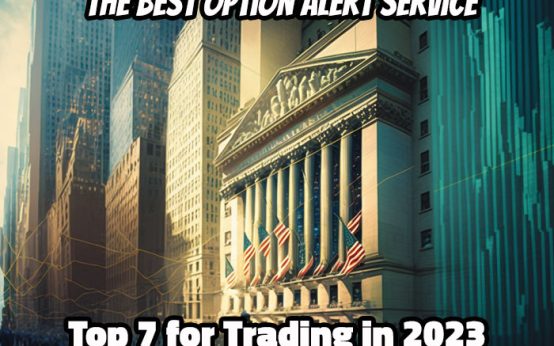 The Best Option Alert Service: Top 7 for Trading in 2023
The Best Option Alert Service: Top 7 for Trading in 2023 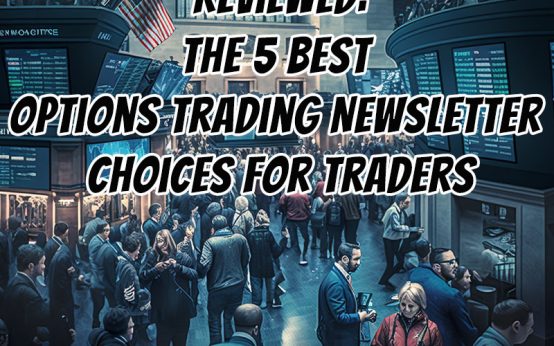 5 Best Options Trading Newsletter Choices for Traders
5 Best Options Trading Newsletter Choices for Traders 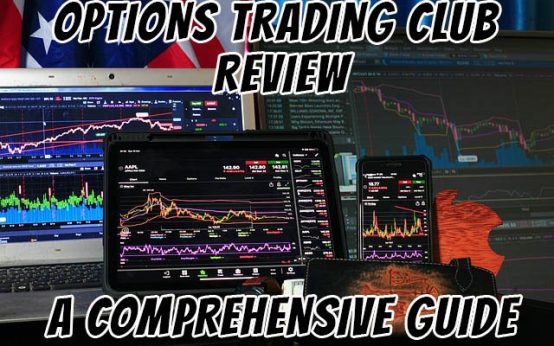 Options Trading Club Review – A Comprehensive Guide
Options Trading Club Review – A Comprehensive Guide 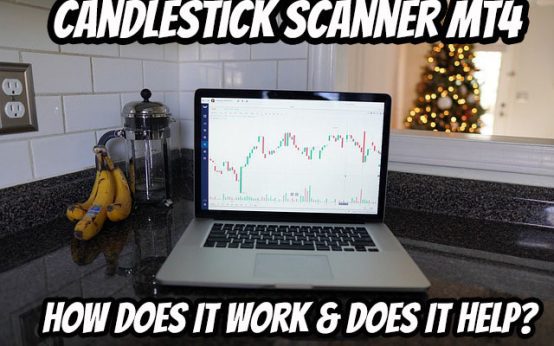 Candlestick Scanner MT4: How Does It Work & Does It Help?
Candlestick Scanner MT4: How Does It Work & Does It Help? 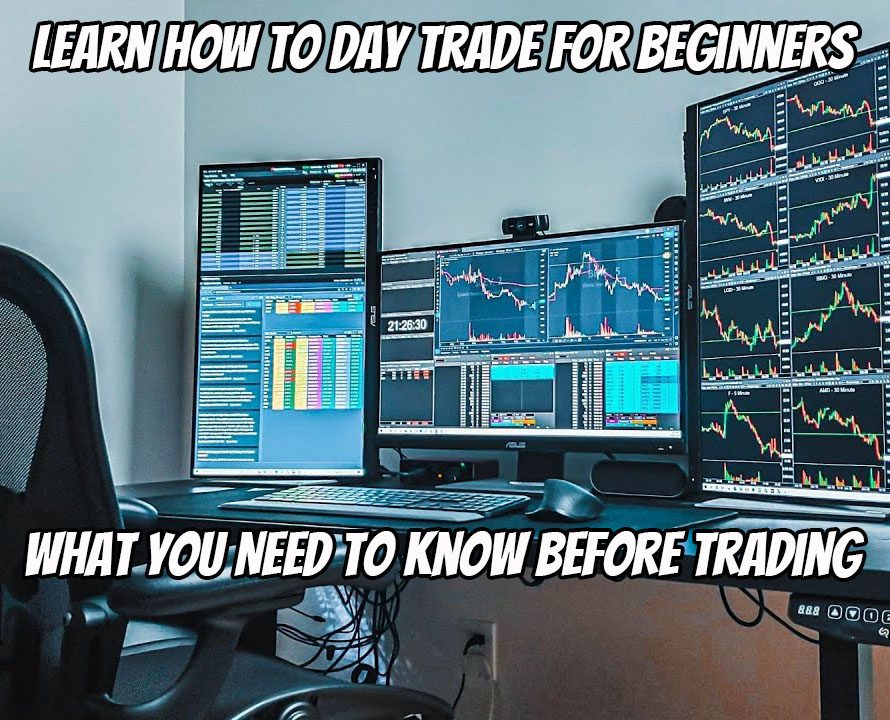 Learn How to Day Trade for Beginners – What You Need To Know Before Trading
Learn How to Day Trade for Beginners – What You Need To Know Before Trading 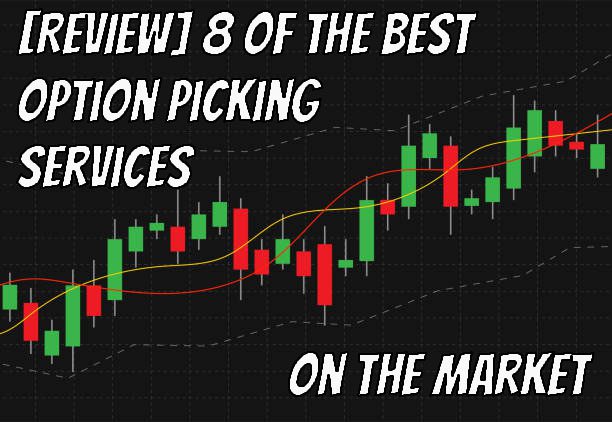 [REVIEW] 8 Of The Best Option Picking Services on The Market
[REVIEW] 8 Of The Best Option Picking Services on The Market